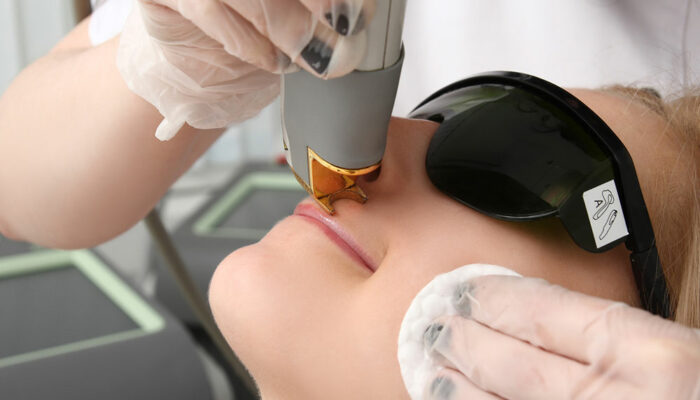
The Importance of Diet for Bipolar Disorder Patient
Patients of bipolar disorder usually experience episodes of mania and depression that can last for days or even months at a time. This disorder cannot be cured, but it can be managed with the help of doctors and psychologists. Dietary habits are one of the most significant factors that need to be considered as the medication works only when accompanied by a proper diet. Depending upon the severity of bipolar disorder, food and medication for the condition can be taken care of.
1. Healing and medication for bipolar disorder
Treatments for bipolar disorder include antidepressants, mood stabilizers, and anticonvulsants. These medications may be short- or long-term, depending upon the patients’ mental health. Additionally, the treatment may include blood tests, CT scans, and even MRI scans. The patient’s food consumption is also checked to summarise a clear viewpoint as research has shown that people with poor dietary habits are more prone to unstable moods. Fast food is one of the biggest contributors to the rise in aggravating the mental health symptoms in bipolar disorder patients.
The consumption of food beneficial for bipolar disorder is considerably effective in calming down mental hyperactivity. Studies show that proper nutrition has an edge over an imbalanced diet, and therapists have claimed that mental well-being can be brought about only by following a clean and healthy diet. With an increase in the cases of mental disorders, psychologists have begun to stress all the more on the importance of maintaining a proper diet. Dieticians also claim that proper food helps the mind function properly, and the consumption of folic acid has also shown a positive result in many patients.
2. Overview by doctors and psychologists
Doctors do not generally prescribe an antidepressant for bipolar disorder, but they may recommend hospitalization in extreme cases if the symptoms pose to be more severe than the stipulated levels. Research has shown that the usage of lithium, valproic acid, and lamotrigine has an overall effect to improve the condition, but the dosage should be adjusted according to the patients’ condition. Along with this, timely check-ups are required to ensure positive results.
3. Caregivers play a significant role
Along with the intake of proper food for bipolar disorder, utmost care is needed for the well-being of patients. When a patient gets overwhelmed in a short time during manic episodes, a caretaker has a major role to play in calming down their mood. Similarly, during the low phase, depression and anxiety can make a patient feel dejected enough to take life-threatening steps, and the caretaker can provide emotional support to prevent this.
Bipolar disorder requires lifelong support and treatment, even when the patient is not experiencing an episode. Regular counseling and therapy, along with changes in dietary and lifestyle habits, can bring about the much-needed positive outcomes. Also, regardless of the mood, nourishment makes the body calm and energetic, providing mental clarity to the patient.



